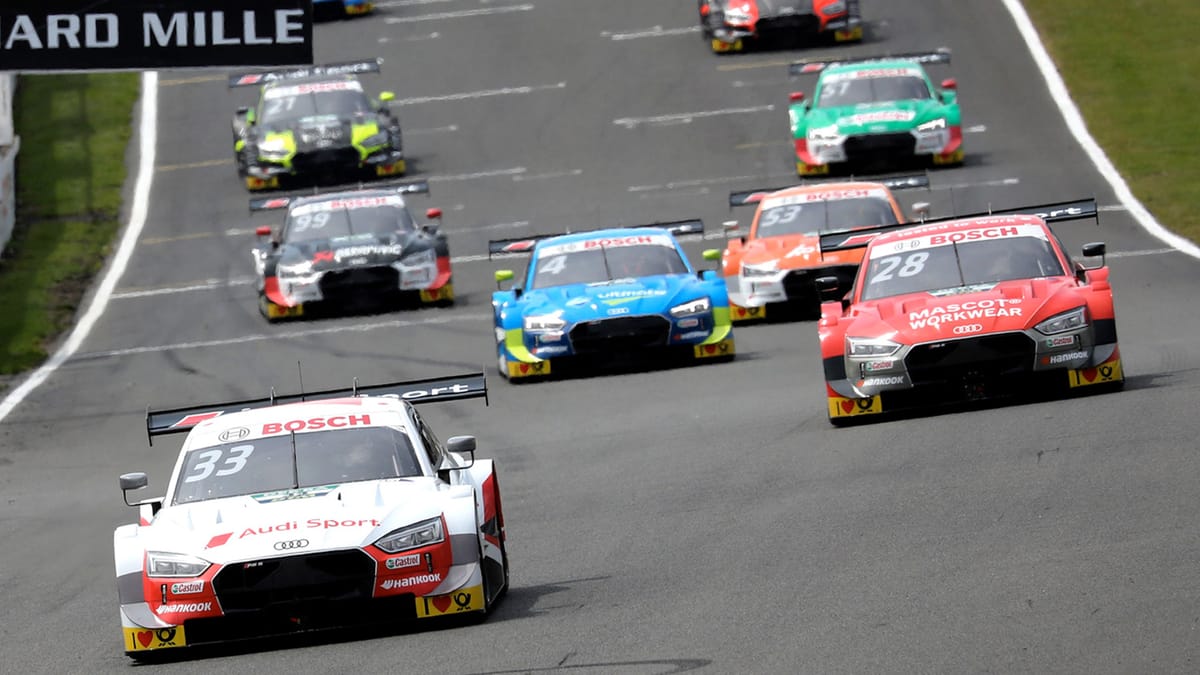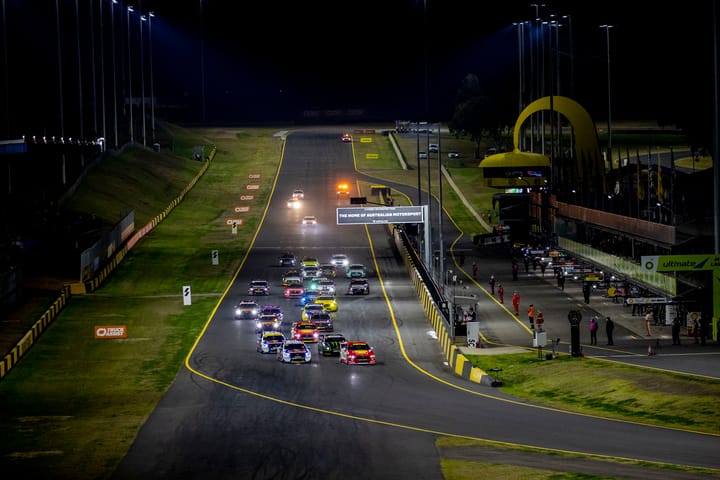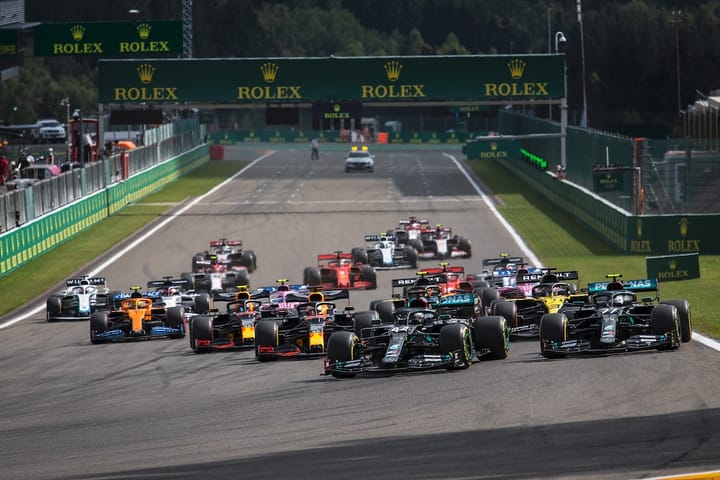All Change For DTM

As Supercars is taking the early steps towards its Gen3 future from 2022, while retaining a foundation commitment to old-school V8 engines, things are very different in Germany.
After generations as a hotbed of manufacturer battles, the same as Australia through the Ford-versus-Holden decades, it is about to become a privateer championship.
The German touring car championship, officially the Deutsche Tourenwagen Masters, is heading for a total restructure.
Audi and BMW have both given a commitment to supporting the DTM, but have given up their shareholdings in the commercial operations of the ITR – Internationale Tourenwagen Rennen – which will be taken over by former grand prix driver Gerhard Berger through his company, BMS.
The series will continue to use the DTM brand, which is owned by ITR.
The regulations are yet to be fully defined but the series will be an independent professional GT-based series, using the existing DTM platforms.
Berger has secured the support of both BMW and Audi in order to have competing marques in the series, although there will no longer be factory teams but only private operations which will buy equipment from the manufacturers.
The idea has met with some opposition in Germany where the ADAC GT Masters series is already a very popular championship, and Berger is looking at ways to differentiate the new DTM from the GT3s that run in that championship.
But the DTM is a strong racing brand and the manufacturers are keen to keep it alive.
The switch to GT3 regulations could lead to new manufacturers deciding to get involved as there are a wide range of firms with GT3 cars, including Maserati, Dodge, Aston Martin, Lamborghini, Corvette, Porsche, Ferrari, Ford, Jaguar, Audi, BMW, Mercedes, Nissan, McLaren, Bentley and Cadillac.
The DTM is a very successful promotional platform with widespread recognition, but it has suffered from costs that are too high which has resulted in the withdrawal of the major players, including BMW and Mercedes-Benz.
Revamping the series with a more sensible set of regulations creates opportunities which Berger clearly believes in.
But the decision to drop the so-called ‘Class 1’ regulations means that a planned future collaboration with Japanese Super GT and with IMSA are now not likely to continue, although much will depend of the actual rule package.
Berger will work out with the German national sporting authority, the Deutscher Motor Sport Bund (DMSB), which is run by Berger’s old team-mate from touring car days Hans-Joachim Stuck.
Although there is already plenty of clutter in the GT world, the DTM brand is a strong one and so if there is sufficient differentiation between its cars and the GT Masters it could be that teams from the latter will continue without too much drama and will aspire to move up to DTM in the future.
The DTM platform usually involves races across Europe, including events at circuits such as Spa, Zolder, Brands Hatch and Monza in addition to the big German circuits and, of course, the flagship event at the Norisring.




